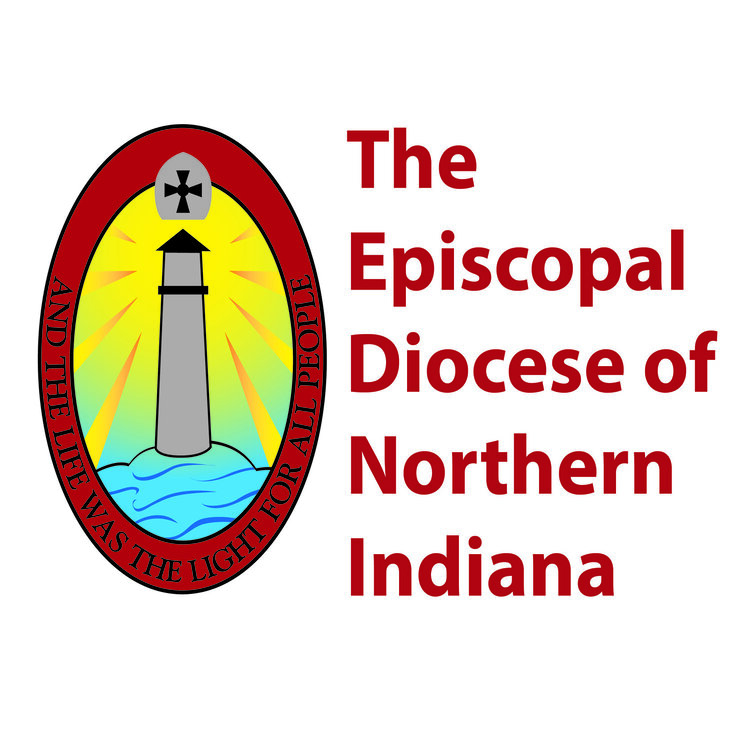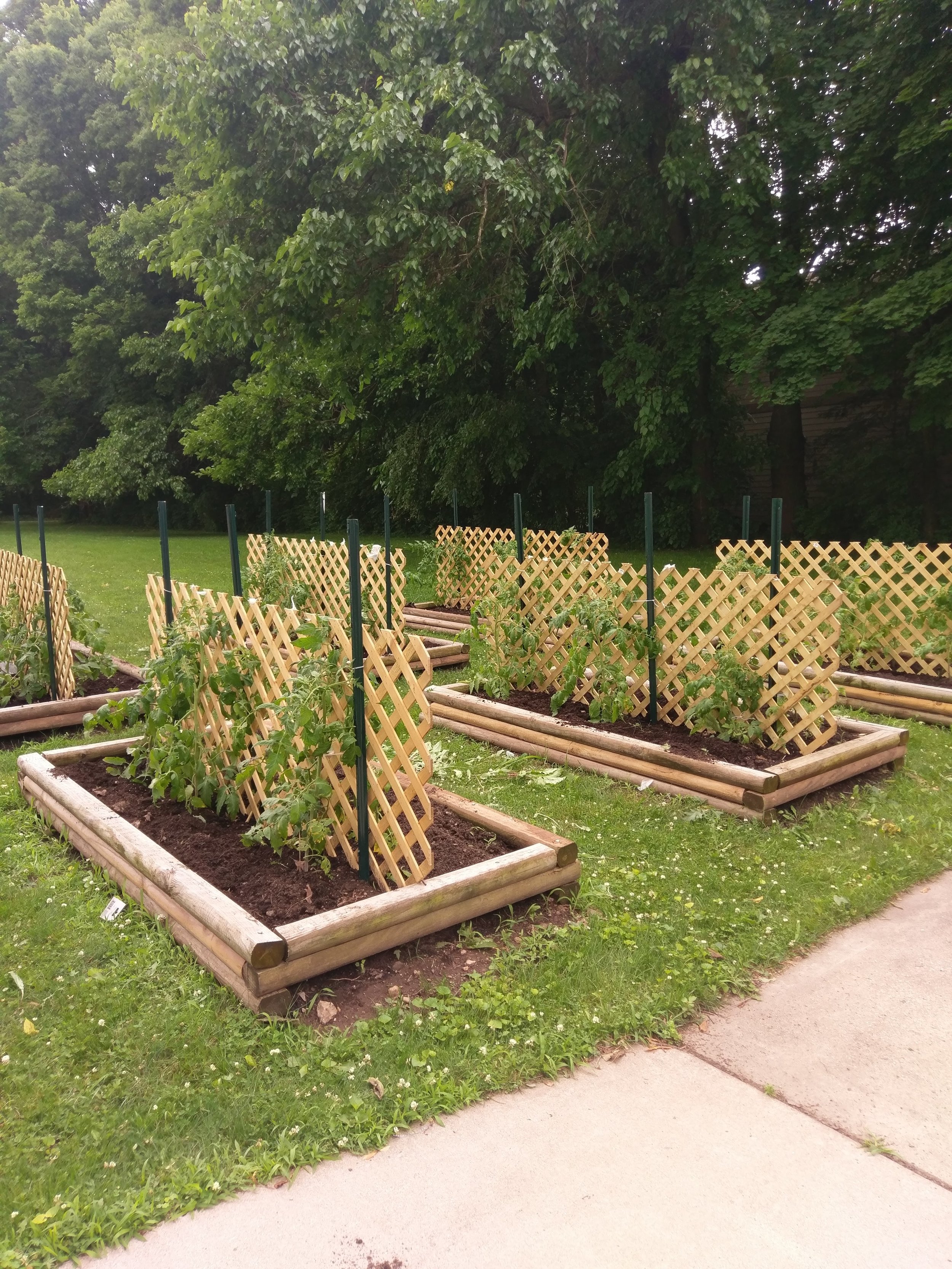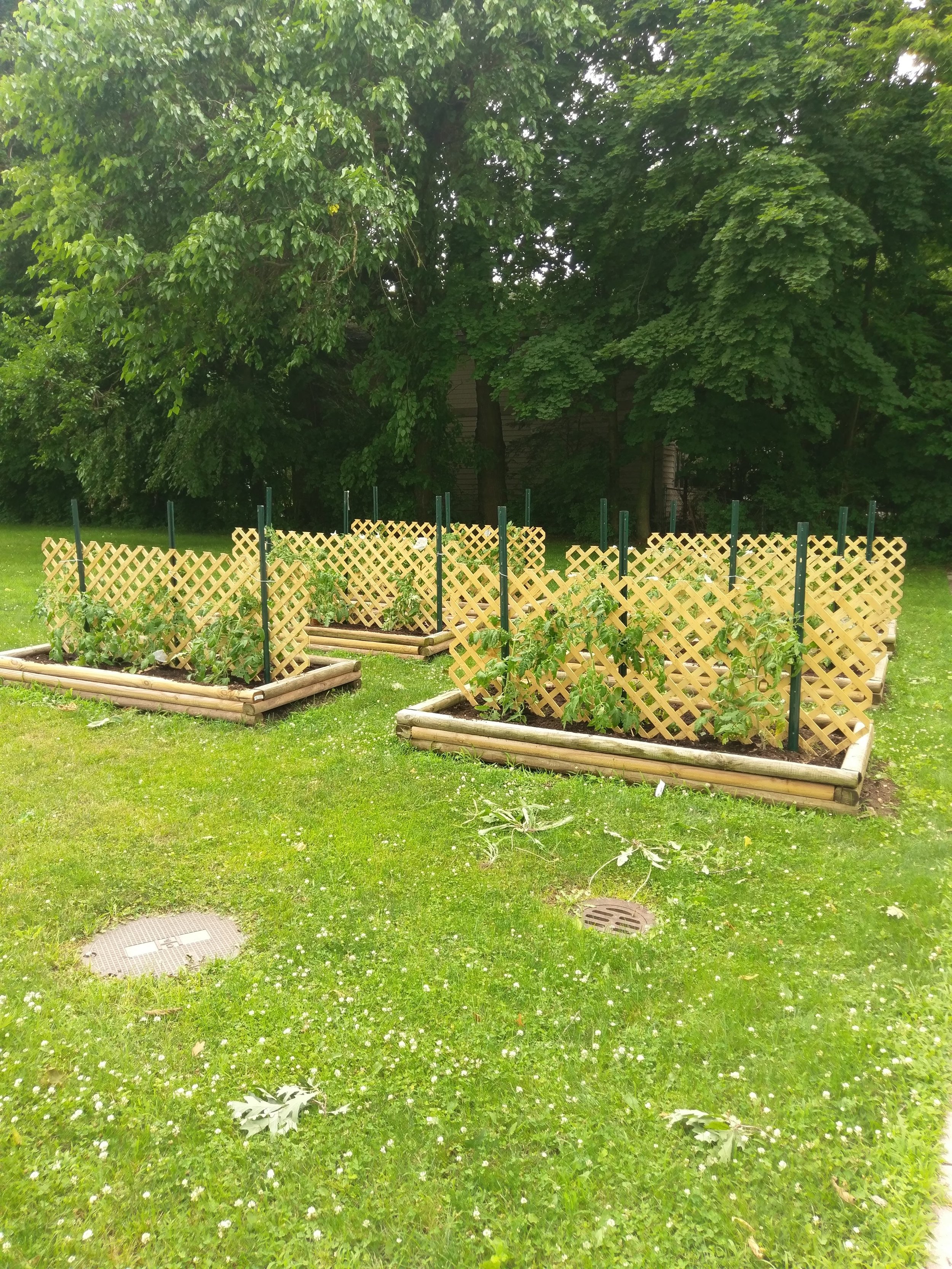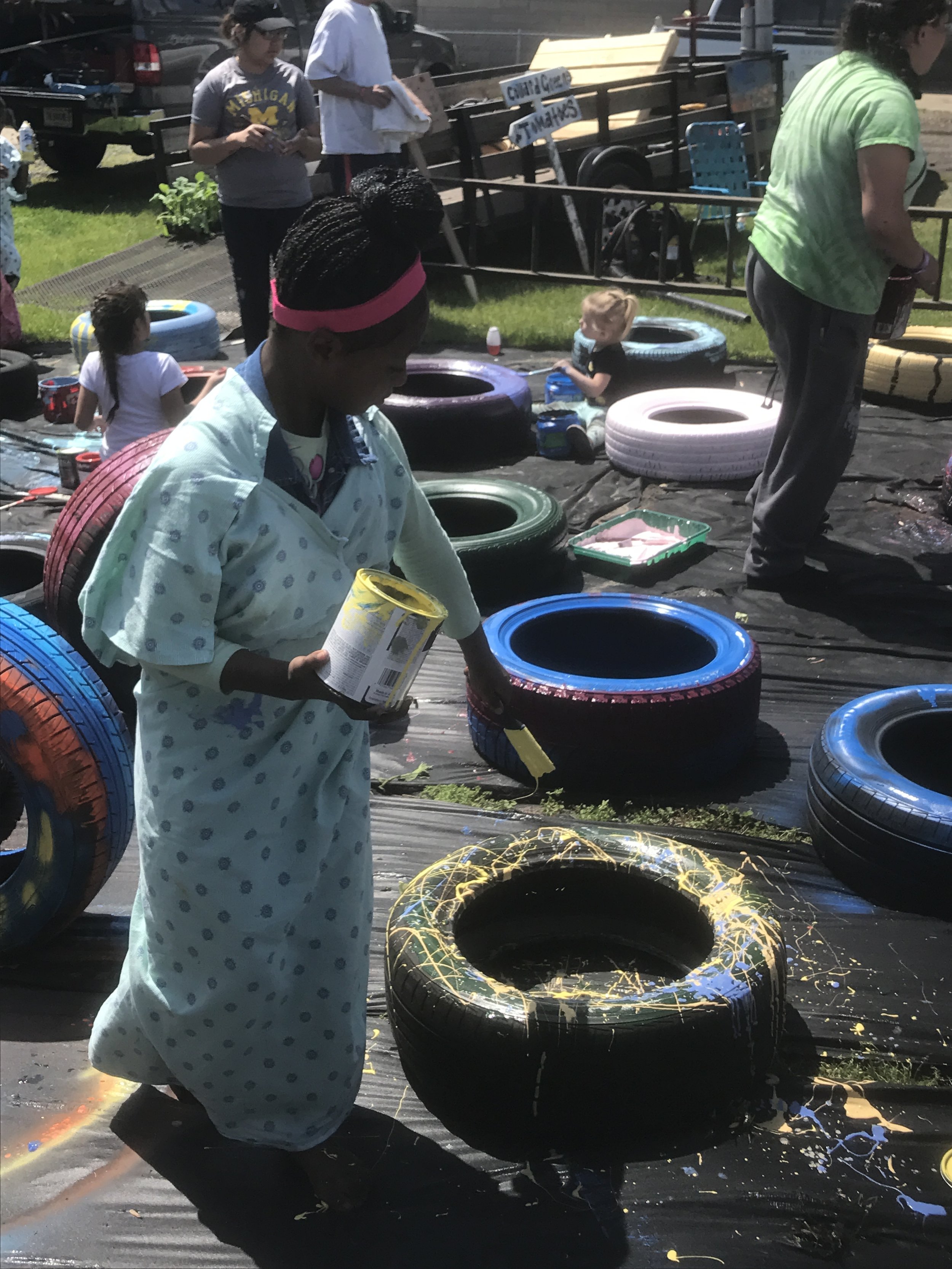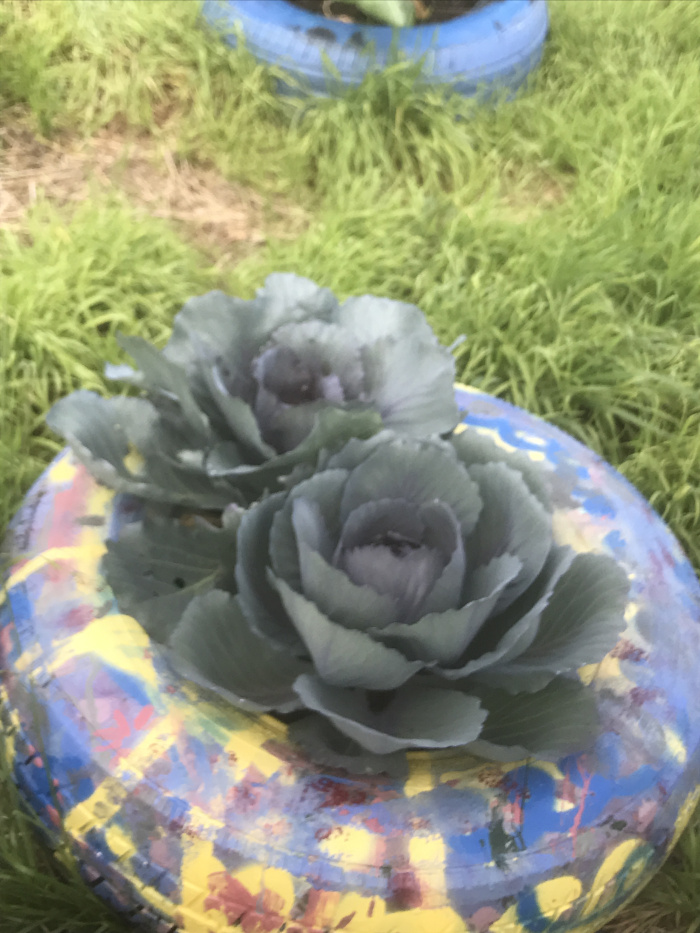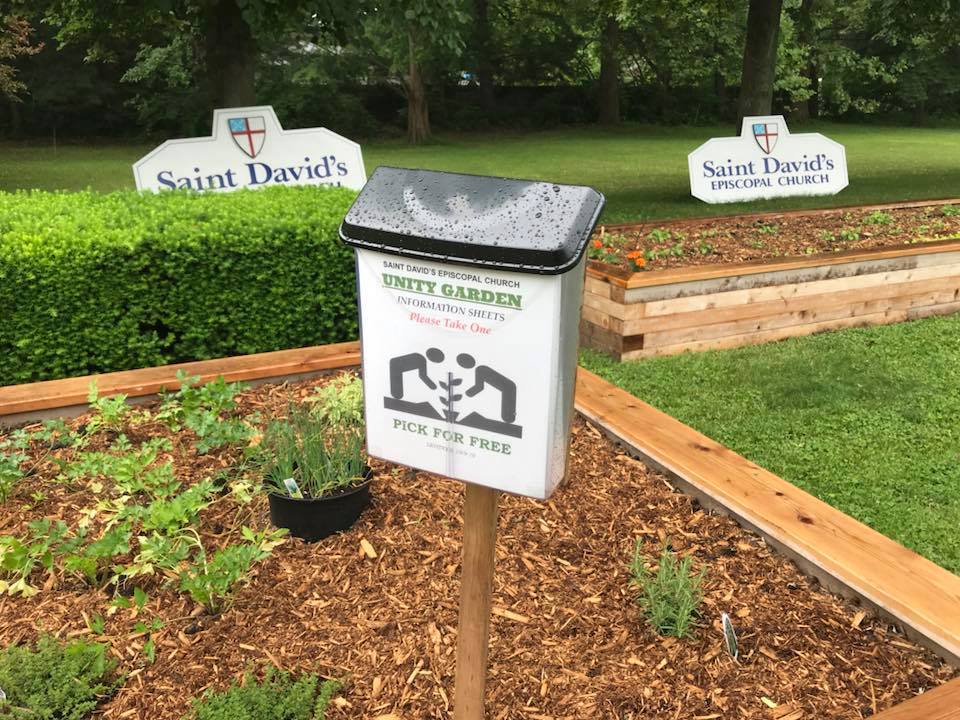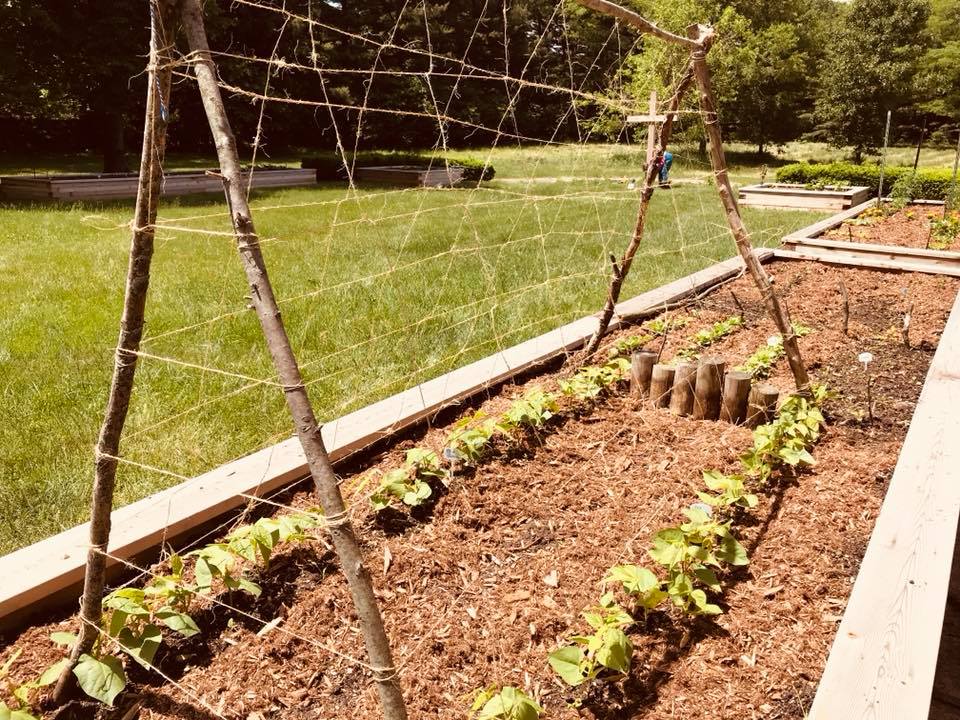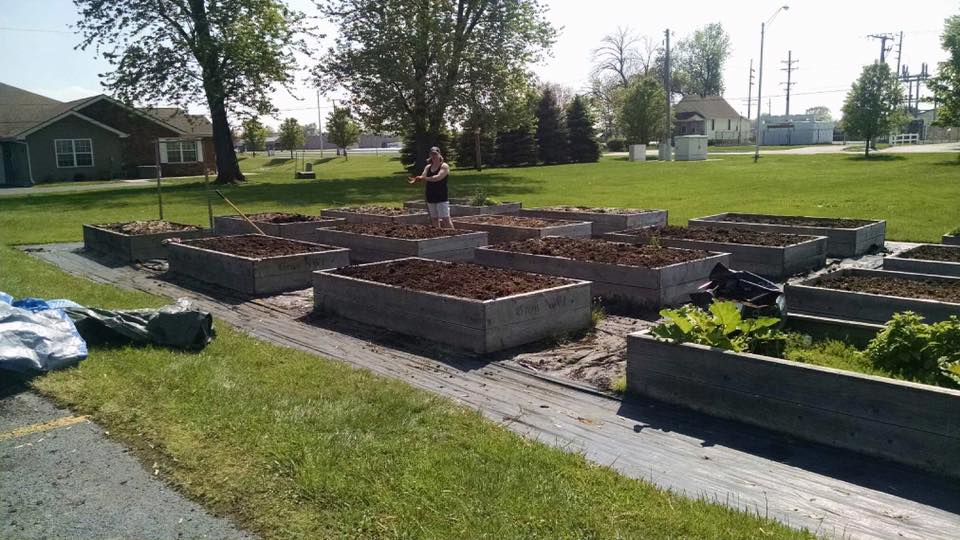Creation Care Commission
Mission: The mission of the Commission on Creation Care is...bring resources together, focal point, creation library, foster an awareness of our connectedness to the earth, enable congregations to help steward the earth.
Vision: Our vision is that people of our faith communities of the Diocese of Northern Indiana will...increase awareness, decrease use of Styrofoam, creation audit, explore other sources of energy.
The earth is the Lord’s and all that is in it, the world, and those who live in it; for God has founded it on the seas and established it on the rivers. Psalm 24:1-2.
Creation Care in the Episcopal Church is based on understanding ourselves to be stewards of what belongs, not to us, but to God. Stewardship of creation therefore demands that we "seek to heal, defend, and work toward justice for all God's creation and to respect the kinship and connection of all that God created through education, advocacy, and action." The people of the Episcopal Diocese of Northern Indiana engage in Creation Care through a variety of activities, some of which are highlighted below.
Spade Spoon Soul Podcast
Check out this new Creation Care podcast, Spade Spoon Soul! The podcast co-hosts are:
Jennifer Baskerville-Burrows, Bishop of the Episcopal Diocese of Indianapolis
Jerusalem Greer, Staff Officer for Evangelism for the Presiding Bishop of the Episcopal Church
Brian Sellers-Petersen, Agrarian Missioner for the Episcopal Diocese of Olympia (Western Washington) and Coordinator of Good News Gardens
Unity Gardens
Four of our faith communities—St. David's in Elkhart, St. Timothy's in Griffith, Holy Trinity in South Bend and All Saints' in Syracuse—have set aside land on their church properties for unity gardens where neighbors are invited to share in the planting, tending and harvesting of food. Some unity gardens are found in the midst of "food deserts," others supply fresh produce to local food pantries. All are places for filling hearts and minds as well as bellies. They provide space for cross-generational education and low-key neighborhood fellowship. Like any garden, a unity garden can take up the space of a patio or an acre. It can grow exotic herbs or common vegetables. What all unity gardens have in common is the recollection that tilling and keeping the garden of creation (Gen. 2:15) is our common heritage as human beings.
Province V Creation Care Network
The Province V Creation Care Network is for all people, lay or ordained, who are working on caring for God's creation in their dioceses, parishes, or personal lives. It is a resource for information about ministries and best practices, and a space to build relationships across the province.
The Creation Care Network meets monthly on the first Monday of each month at 11/10 a.m. (EDT/CDT) as a chance for members to connect and get to know one another and share ministry ideas and knowledge. The Zoom/connection information is available here.
Sign up here to receive the Province V Creation Care Network monthly newsletter.
Greening our Churches
Greening your church means taking seriously the impact your faith community has on the environment. Whether you make that impact as a consumer, a producer or an advocate, greening means you strive together on multiple fronts to exercise good stewardship. You might consider:
GreenFaith offers a support and certification program that helps faith communities explore the economic, social and spiritual significance of environmental stewardship.
Are you considering a building project? Check out this Green Building Toolkit.
Planting a "Paris Grove," with native tree species, on your church grounds to "serve as a visible witness to the significance of the Paris Accord and do the practical work of sequestration of carbon from the atmosphere."
Dedicate some portion of your church property to regenerative agriculture and biodiversity conservation or habitat restoration projects.
Allocating a defined percentage of your total annual food expenditure and making every effort as you provide, prepare and serve meals and distribute food at events and ministries to use locally grown or freshly processed foods.
Striving for Environmental Justice
Check out the webpage maintained by the environmental division of the Episcopal Church's Office of Government Relations to track church-wide action on environmental justice issues.
Invite others to join you as you learn, advocate, act, proclaim, eat, play and pray for 30 Days of Action regarding Climate Change.
Commission Members
The Rev. Jen Fulton (Saint Michael and All Angels)
Very Rev. Brian Grantz (Cathedral of Saint James)
Tamisyn Grantz (Cathedral of Saint James - SB)
Pamela Barnes Harris (St. Andrew’s - Valparaiso)
Diocesan Representatives
Bishop Douglas Sparks
Canon Christopher Hillak
